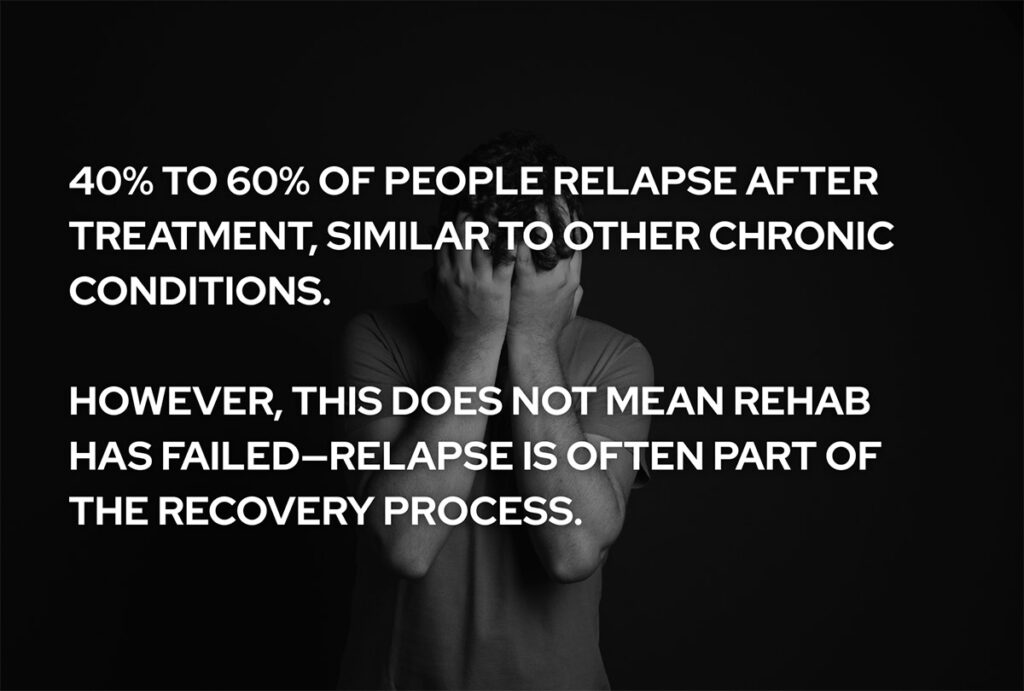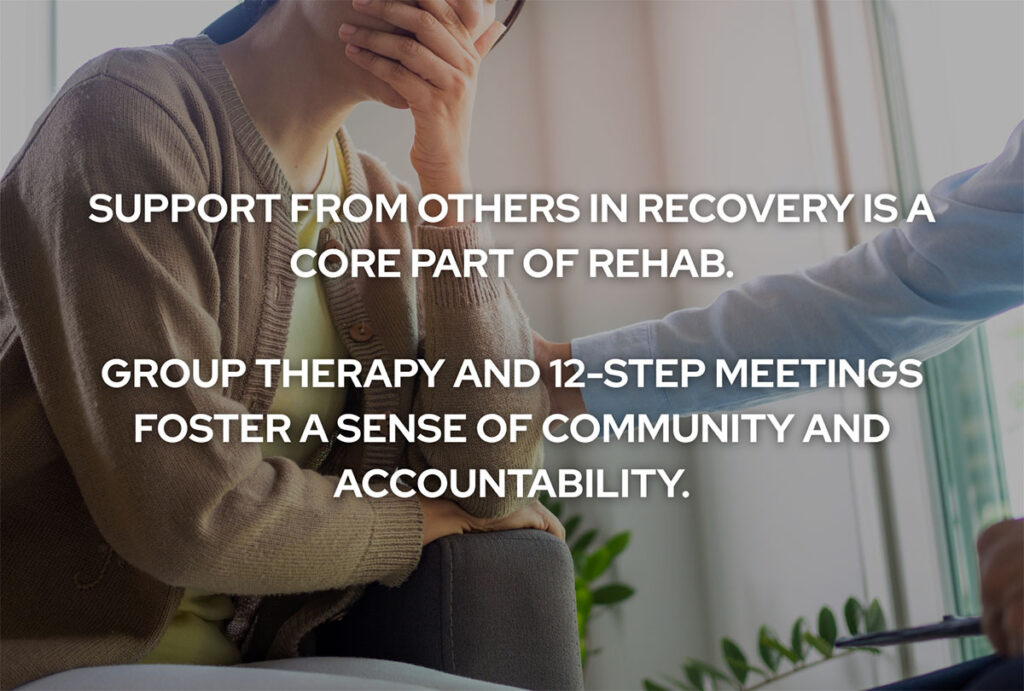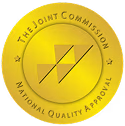Yes, alcohol rehab works by providing structured, evidence-based treatment to help individuals overcome alcohol dependence. Successful outcomes depend on program quality, individual commitment, and ongoing support systems.

What Is Alcohol Rehab?
Alcohol rehab is a structured treatment program designed to help individuals:
- Detox safely from alcohol
- Understand the root causes of addiction
- Learn strategies for long-term sobriety
- Build healthier lifestyle habits
Rehab may include inpatient or outpatient services, depending on the severity of the addiction and personal circumstances.
Success Rates of Alcohol Rehab

According to the National Institute on Drug Abuse (NIDA), 40% to 60% of people relapse after treatment, similar to other chronic conditions. However, this does not mean rehab has failed—relapse is often part of the recovery process.
People who complete alcohol rehab and continue with aftercare are significantly more likely to maintain sobriety.
How Alcohol Rehab Helps Recovery
1. Medical Detox
Many rehab programs begin with medical detox to manage withdrawal symptoms safely. Symptoms may include:
- Anxiety
- Tremors
- Insomnia
- Seizures (in severe cases)
2. Therapy and Counseling
Rehab programs offer individual and group therapy to:
- Identify triggers
- Restructure harmful thinking
- Practice new coping strategies
3. Peer Support
Support from others in recovery is a core part of rehab. Group therapy and 12-step meetings foster a sense of community and accountability.
4. Education and Skill-Building
Educational workshops provide knowledge about addiction, mental health, and relapse prevention.
Benefits of Alcohol Rehab
Enrolling in a professional alcohol addiction treatment program offers multiple benefits:
- Safe and supervised detox
- Customized treatment plans
- Access to licensed professionals
- Long-term sobriety support
Signs You Might Need Alcohol Rehab
Consider rehab if you:
- Drink more or longer than intended
- Struggle to cut back or stop
- Experience alcohol-related health or legal issues
- Suffer withdrawal symptoms without alcohol
Aftercare: A Key to Long-Term Success
Aftercare is essential to maintaining sobriety post-rehab. Common aftercare components include:
- Outpatient therapy
- Sober living housing
- Support groups like AA or SMART Recovery
Joining a rehab center with integrated aftercare planning significantly increases the likelihood of long-term success.
Common Misconceptions About Alcohol Rehab
Myth: Rehab guarantees instant sobriety
Fact: Recovery is a lifelong process, and rehab is one important step.
Myth: Only severe cases need rehab
Fact: Anyone struggling to control their drinking may benefit from treatment.
Myth: Relapse means failure
Fact: Relapse is a common part of recovery and can be a learning opportunity.
Conclusion

Alcohol rehab provides the structure, support, and tools needed to overcome alcohol addiction. While recovery may involve setbacks, long-term success is highly achievable with commitment, professional guidance, and continued aftercare. If you or a loved one is struggling with alcohol use, reaching out to a trusted provider can be the first step toward lasting change.





.png)
